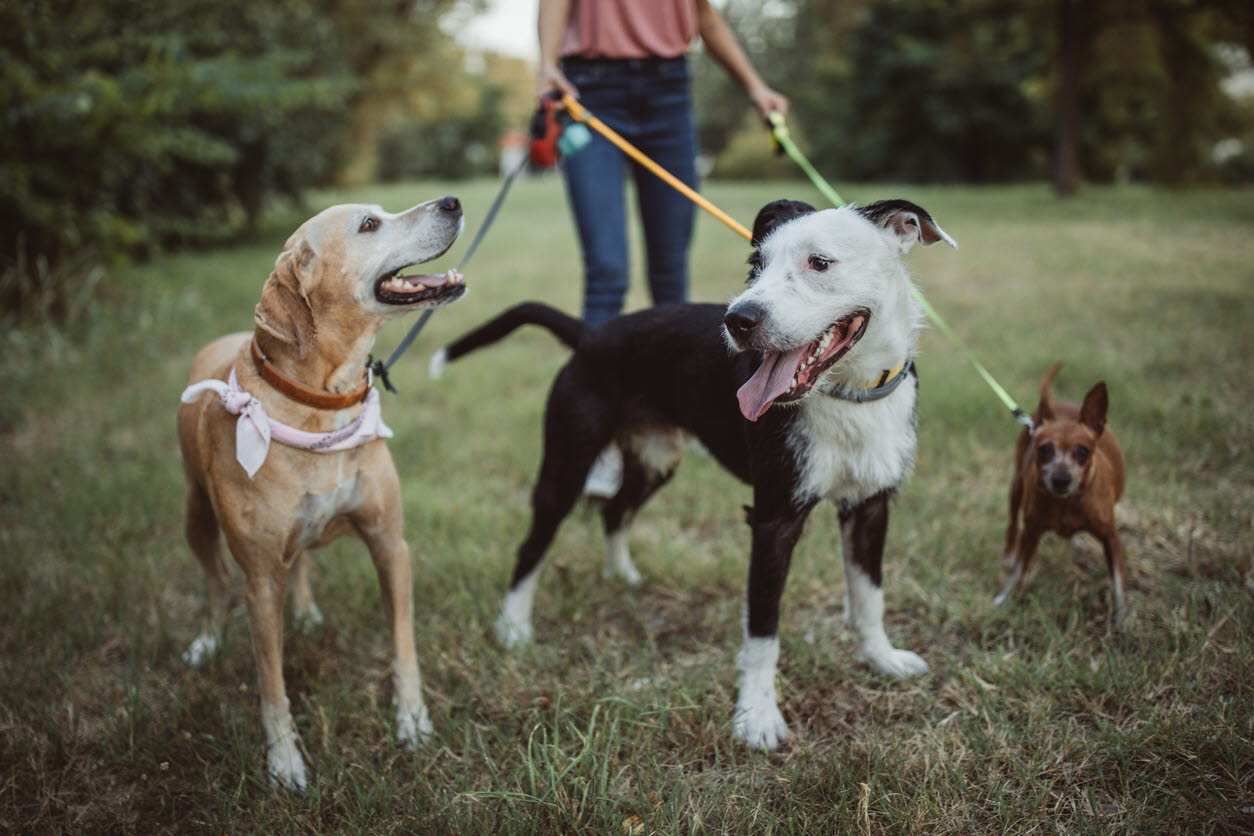Giardia and my pet

There has recently been an increase in dogs congregating in parks as owners spend more time at home. With this comes reports of an increase of infection with the parasite Giardia, so it's important to know what to look out for in your pet.
What is Giardia?
Giardia is a protozoan parasite that infects the gastrointestinal tract of humans, mammals, birds and even amphibians. The parasite can cause severe symptoms and is transmissible between animals and humans.
Giardia exists in two forms during its life cycle:
- The trophozoite form: has unique flagella-like whips, enabling them to move through the intestinal tract with ease
- The cystic form: can survive several months in the environment, particularly in damp and wet conditions
How is Giardia spread?
The life cycle of Giardia is:
- Dogs become infected with Giardia after they ingest the cysts, typically from contaminated water or grass
- The cysts pass to the intestines and transform into the trophozoites, which then attach to the intestinal wall to feed
- If there are significant numbers of the parasite, clinical signs of intestinal wall damage develop
- These trophozoites reproduce, with some transforming into cysts
- The dog eventually excretes the cysts in their faeces, completing the life cycle
What are the symptoms of Giardia in a dog?
Not all dogs infected with Giardia show symptoms. Healthy adult dogs infected with Giardia will typically not have severe symptoms but may still shed cysts in their faeces.
In younger, older or immunocompromised animals, symptoms may include:
- Diarrhoea - can be intermittent
- Foul-smelling faeces
- Watery, mucousy, green or blood-tinged faeces
- Vomiting
- Lethargy
- Weight loss
You should contact your local veterinarian if your pet has any of the above symptoms.
The risk of humans acquiring Giardia infection from dogs or cats is small, infection in humans usually occurs after drinking contaminated water. Still, proper handwashing and good hygiene will help reduce any risk.
Diagnosis and treatment
There are different tests available to help diagnose infection with Giardia, and your vet will advise you on the best one for your pet. A faecal sample is usually required for analysis, and detection is carried out at an external laboratory. The results can take a few days to process.
Treatment typically involves oral medication for 3-10 days. Some dogs may also require follow-up tests and repeat treatments if the infection has not resolved.
Tips for prevention of Giardia
- Keep your pet's environment dry and clean of faeces
- Pick up dog feaces immediately and always use proper hygiene including correct handwashing
- Use gloves when gardening or touching soil to help reduce transmission to humans.
- Immunocompromised people should not clean up dog (or cat) faeces
- If your dog has tested positive to Giardia, speak to your veterinarian about best how to disinfect your dog's environment and help prevent ongoing re-infection
If you are concerned about your pet's health, you should always contact your local veterinarian for advice.
